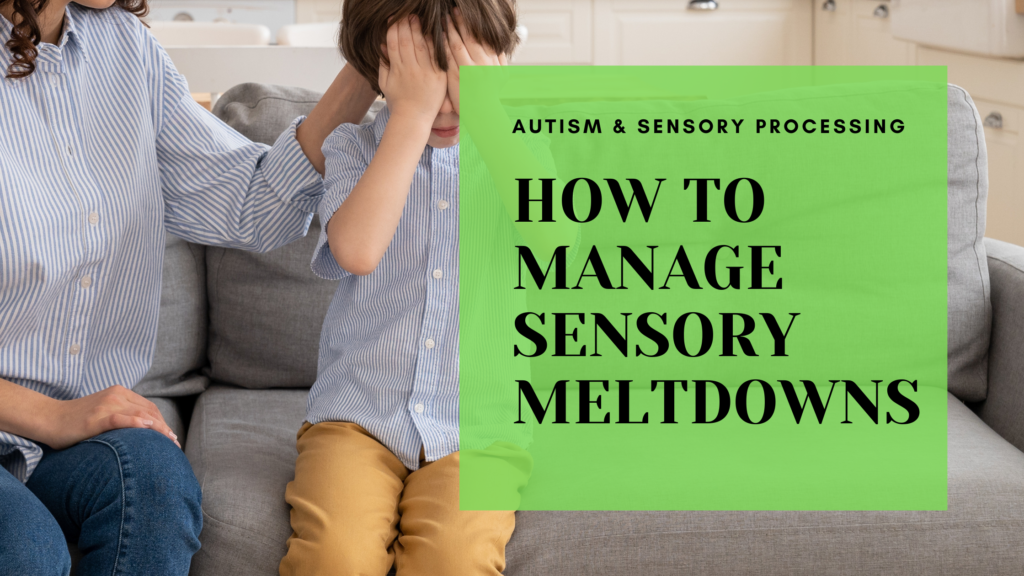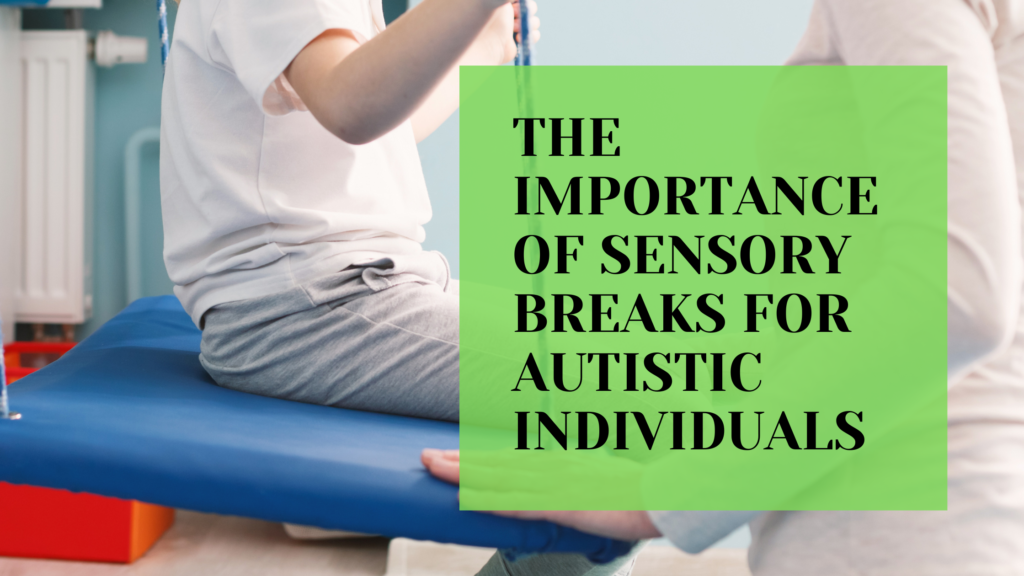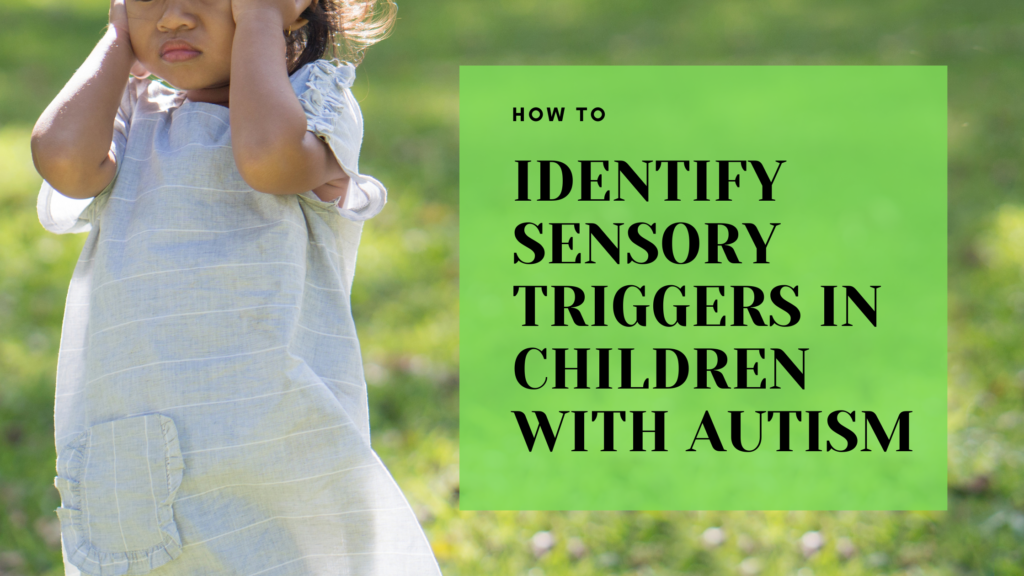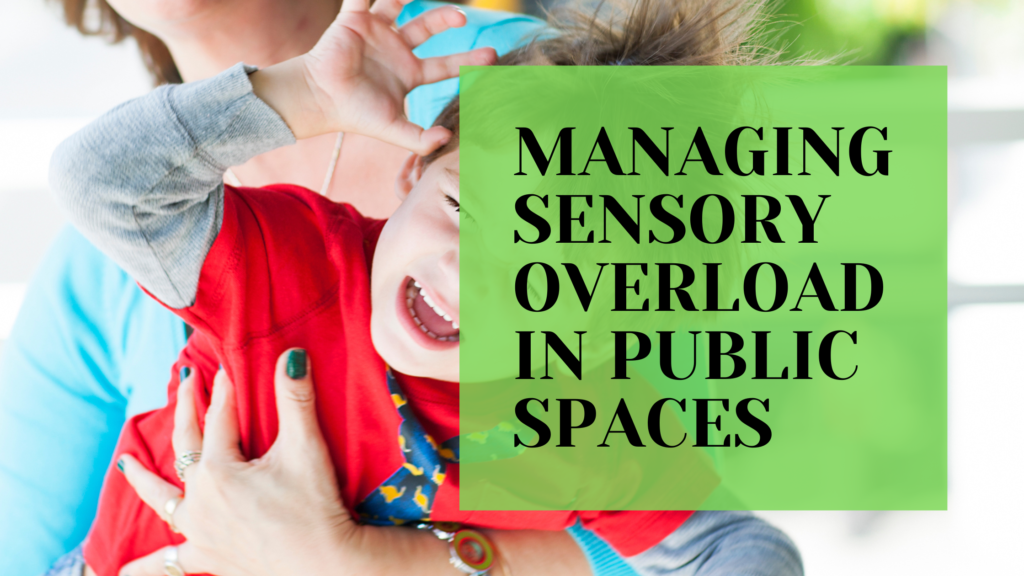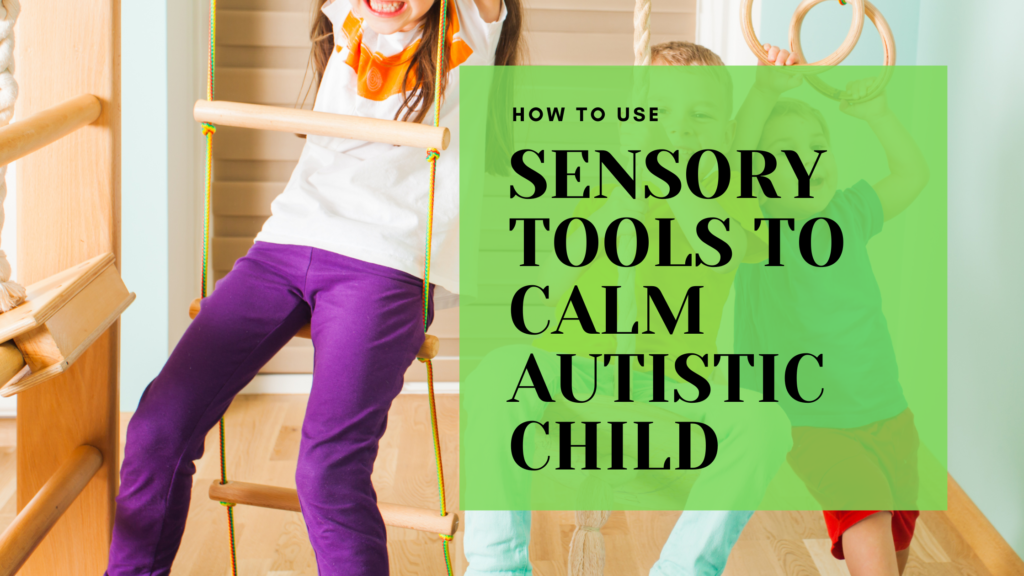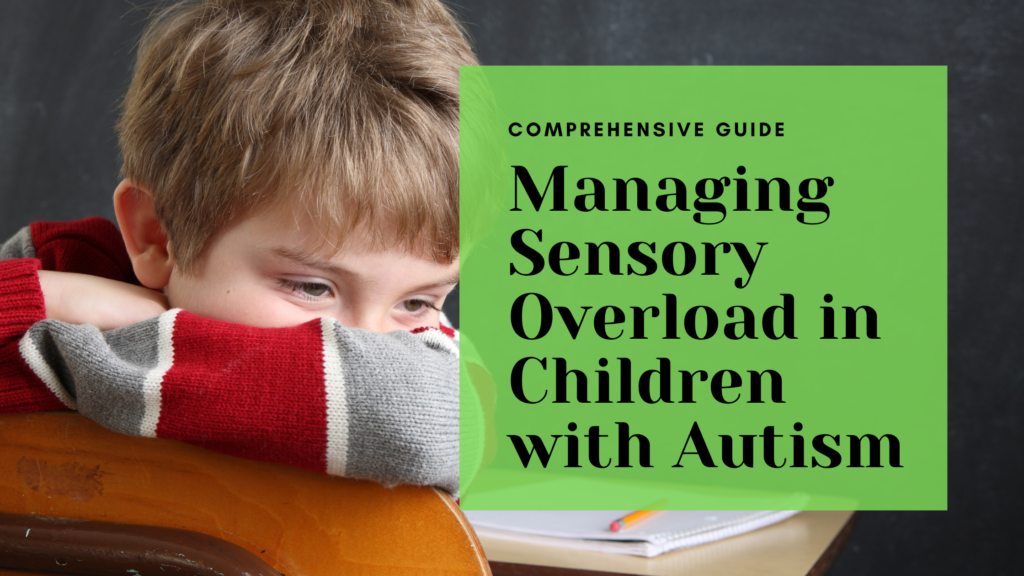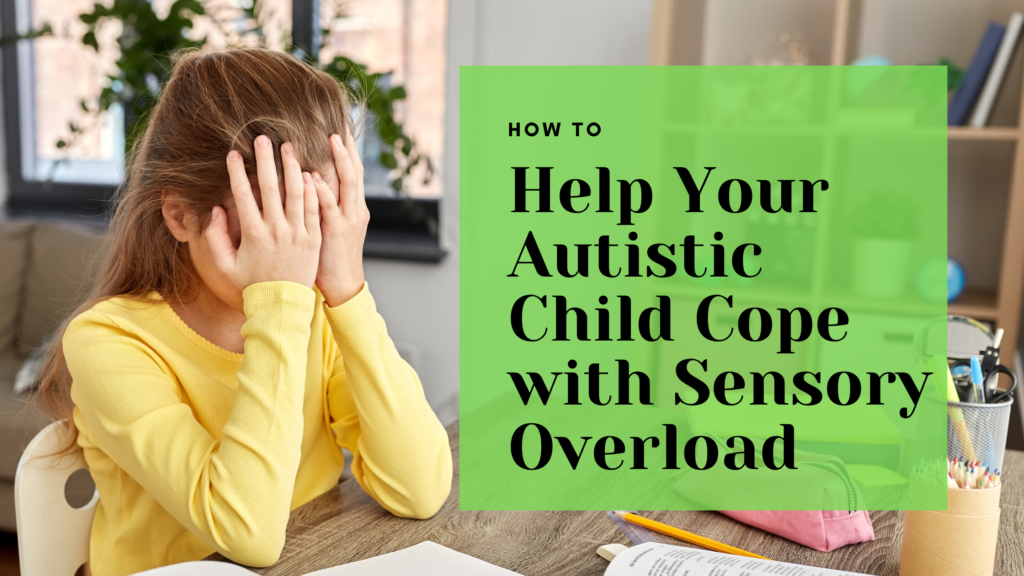Autism and Sensory Processing: How to Manage Sensory Meltdowns
I. Introduction Sensory meltdowns are intense emotional and physical responses to overwhelming sensory input, common in autistic individuals. Unlike temper tantrums, which are goal-oriented behaviors, meltdowns occur when the brain becomes overloaded with sensory stimuli, making it difficult to cope or self-regulate. Understanding the difference between a meltdown and a tantrum is important because meltdowns […]

